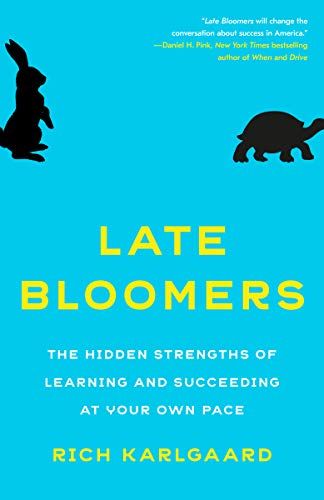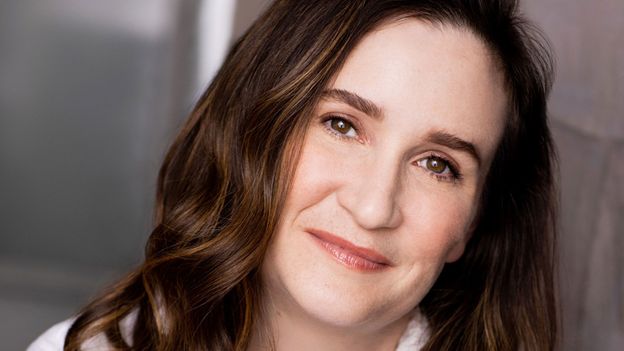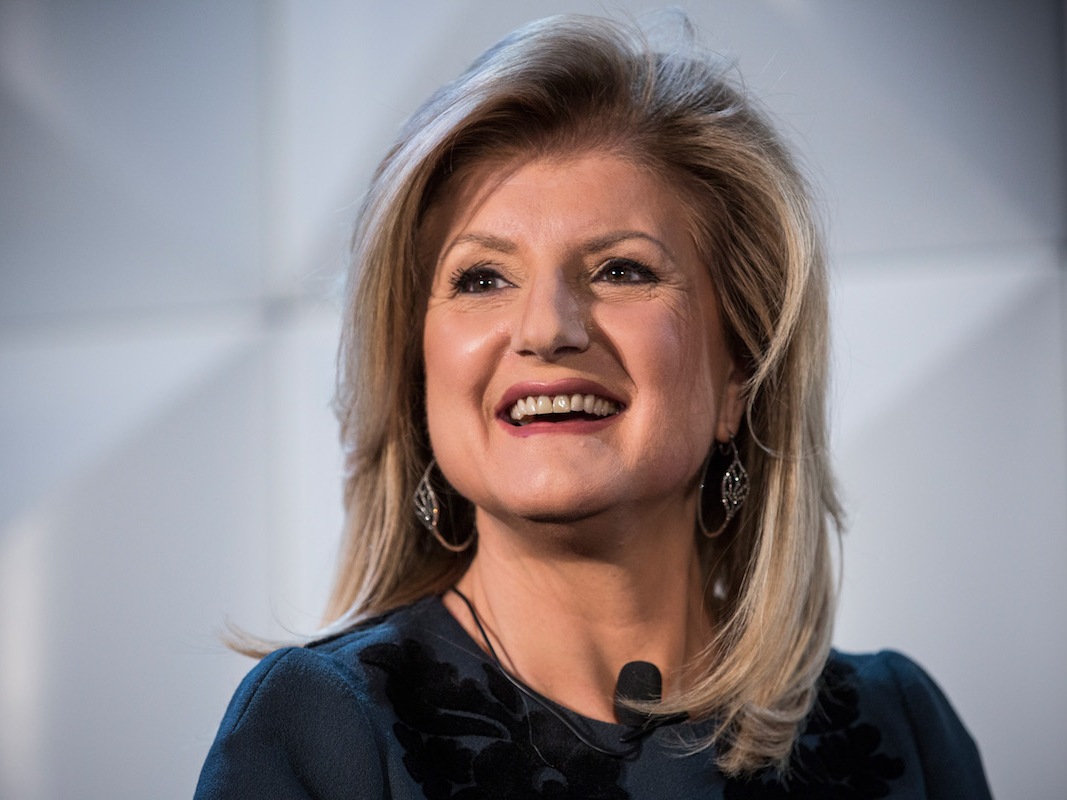
Is it all just a long, soft slog after this (whatever age "this" is)? Well, let's talk.
I stole the essence of that headline from JC Spears as we were taking a break from bouncing back and forth across three computers. My big one had died and I had a new laptop which was fussing with my brainpan. Or brainpain, as it were.
As we always do, JC and I discussed his work, where he is now immersed in marketing for a large retirement community, and mine, where I am focusing on much the same cohort and those who may well end up there. Being right in the midst of writing a new business into being, JC's observations about the community we are both serving are helpful indeed. He is forever dropping ideas that are so good they end up as articles. Sometimes, more than that.
I'm focusing on a new line of Aging Vibrantly for this next few years, and in doing so, a number of important issues have come up. Among them, those essential issues of how we age well, and when life is over.
What a potent question to ask in a deeply ageist society, where people in their teens and twenties are terrified of aging.
Is life just OVER at thirty, the first appearance of crow's feet, slushy tummy or dad bod? Is it all just DONE when we hit fifty, which seems to be the big rock upon which so many men bang their heads in despair?
Hell, lots of women these days are moaning loudly about life's being over at thirty.
Wow.
Let's talk, please.
Let's start with two thirty-year-old women.
One was the very public suicide of a woman who seemed to have everything: beauty, brains, education, fitness, and one hell of a career ahead of her:

A fellow journalist did some digging after seeing this story, and shared with me that Kryst had written about how she was terrified of turning thirty. While she was struggling with depression, her obsession with age, with thirty apparently being The Turning Point to Nowhere, clearly age was a factor in ending her life.
In every possible way that was a heartbreaking loss, not only to those who knew and loved her but to everyone whose life she could have touched along the way.
The other is Katharina May.

Katharina is a rider, like I am, and we spent nine days together in Chile. She is talented, immensely kind and helpful, which I experienced daily after I'd fractured my knee. She was right there every time I needed help with my tent, and a constant caring presence. She clearly is kind to herself first, for that is the wellspring from which the rest of her generosity of spirit flows. She exercises, takes life on, explores and in every way is fully in life and enjoying. She appears to be unencumbered by the fact that she isn't a Wunderkind.
Katharina isn't famous. But she is enjoying life.
Hmm. Something to that.
These two women, both thirty, very different relationships with life. The last time I heard from Katharina she was already booked for a horse ride in Morocco.
Which would I rather be? Which life would you choose?
Out of all fairness to Ms. Kryst's family, I am not in any way saying that her suicide is due to pressure from family to succeed young. I am making general comments here.
It seems to me that the burdens of pressure placed on the very young to Be All That by their late teens or twenties is not only abusive, but it robs kids of their birthrights. As in, play for the sheer sake of play. Remember that, anyone?
Can we please just have fun time? play time? exploration time? time to grow up before we shoulder those inevitable burdens? Research indicates that kids are maturing later at the same time Mommy and Daddy are forcing them younger and younger into intensives to make sure they succeed before they can even spell the word.
I'm not the first person to ask where on earth are kids going to learn the importance of play for play's sake without having it be all about channeling Mozart? Can we just have MUD PIES?
To put some of this into perspective, I've been reading a few books about Late Bloomers. Patreon supporters will have seen this already:

I just finished roughly half of the book which is dedicated to setting the stage for the our fascination with youth and achievement before thirty. I strongly recommend this read if for no reason than to understand that the anxiety and depression we see in our youth, the mental illness crises, might well be explained here.
We force-feed our kids to become the next Zuckerberg long before they can possibly understand why, and then if they can't max out their SATs (which Karlgaard explains in wonderfully plain language) then they are complete and utter failures.
Failures, even before their brains are fully developed. We are maturing later and later. No more will we see another English King Henry II who was already leading skirmishes for the crown at the ancient age of fourteen. People died a lot earlier, so early maturation was essential to preserve the species (those not killed in wars or disease or famine, that is). Back then, a king of fifty was a wonder, an outlier.
Researchers now see that today, the period of our late teens to early twenties is in fact a "later adolescence," critical to our development, which we aren't acknowledging. In fact we're running roughshod right over that precise time when young brains are still forming. In our early twenties, says Karlgaard, research proves that we are barely thinking adults (a truth underscored in daily headlines).
Yet society expects them to have their first billion in the bank. Parents with means are forcing their kids to exceed all expectations before they can form a coherent sentence, much less make truly difficult decisions which involve high levels of emotional maturity, which are simply not developed by that point.
No wonder young people are stressed out. Dear heaven.
The book goes into some detail about all the coaching, prepping, pushing and shoving of our youth all to get them into the "right" colleges and careers. All this to force otherwise healthy kids- who end up confused, anxious, suicidal in many cases- to become the next... what, Elizabeth Holmes?
How did that turn out, guys?
If you look at Holmes' story, she was indeed brilliant. But she was unformed. Faced with failure and all the pressures society loaded up on her, she turned to grotesque dishonesty to try to make up for what she had built, and which was crumbling around her.
That is what society is building towards: more and more just like her, in our desperate devotion to the Wunderkind ethos.
As for Sam Bankman-Fried, about the only defense he really has, not without some legitimacy, is that he was still a child. Therein lies a terrible truth.
The Forbes Thirty Under Thirty and lists like them are not only damning, they are also a statement about our extreme inability to acknowledge the value of older people with the kind of wisdom and judgment that might have prevented a Thanos or FTX implosion.
We are screwing our society over by worshiping the very, very young and bright, but who are woefully underdeveloped, while at the same time dropkicking our invaluable elders out the other end using ridiculous arguments that "cognitive ability drops after forty." IBM has been deeply embroiled in multiple lawsuits over that very thing.
Karlgaard's book offers plenty of research that shows that in fields from neurosurgery to high tech, as some skills peak early, others kick in and allow us to maintain remarkable levels of competence well into our elder years. We have multiple peaks and valleys as we age, most particularly if we maintain good health.
In fact, we live multiple lives.
In trying to determine what's plausible, first, chances are that there are plenty more opportunities to build different, often better lives ahead. That's plausible.
What's possible has everything to do with what's between our ears. Are we willing to challenge our attitudes, rethink what we hear every day, and just get it done anyway?
And finally, what's inevitable: we will die. If we fail to be That Next Thing in our youth, we have endless chances to try something else before the waters carry us home. But not if we buy into the bull that life is over after a given age.
So let's ask the question again: when is life over?
More accurately, let's ask this differently: which life is over now, and what life are we going to live next?
Life arcs rise and fall, and for those of us who live long enough, we can look back and see those beginnings and endings. Far from needing to reach the absolute pinnacle of success by age twenty, which does happen for the very very few, most of us live multiple lives. Some succeed, some fail, but all are part of the ongoing story that is us.
That truth allows for successes and failures, grand variety, and a life very well lived, especially when we can relinquish the life-killing pressure to be All That so young.
Many of us, myself included, armed with an excellent IQ, stumble along for years. My brother had a better IQ and he never finished high school. Over and over and over again IQ has been shown to have limited correlation to success by itself. I married a man with an IQ of 160 who proved that many of those people who are SO SMART end up living very average lives.
While studies are mixed, the history of IQ, personality and other tests is less than scientific and is rife with racism and classism. Yet like Myers-Briggs, which is hardly any kind of an accurate or reliable measurement tool, such tests continue to make companies billions each year while leaving out scads of talent and capabilities which don't fit into the rigid requirements of what is deemed successful.
That, apparently, is uber-young, uber-smart, preferably White and from a very well-to-do background. Increasingly, most of us don't fit that model, which is why so many kids and adults despair.
So do parents who drained their finances on everything from Baby Einstein toys to tutors to SAT prep course only to watch their kid drop out and head for Bali to hang out by the pool. Kids just want to be kids, after all. It's wise to let them, or see them fail horribly on the endless grind of test prep and piano lessons and tennis lessons. Shy of bribery, which is a whole other conversation, the point is to GET INTO A TOP COLLEGE.
Mine didn't have the wherewithal to do that for me but I would have considerable empathy for the kid who skipped school to have a life of his own. That's most certainly what I did. While the road was rough, I am immensely glad for it.
This year I age into my seventh decade, and I am only just beginning to realize my gifts.
So in all fairness to those of us who face the reality that we aren't the next Zuckerberg (thank god), there is immense hope. Because you and I often don't even begin to come into our own until after forty, or fifty, or even later in some cases, many of them well-documented.
We live all kinds of life arcs which rise and plop, some leaving lots of stains on the sidewalk as we bumble along gaining life experience, failures, perspectives. All those things which allow us to evolve, mature, gain a sense of humor and humanity. Those turn out to be terribly useful in business, management, entrepreneurship and so much more.
In a wonderful statistic, more new companies- and among them many tech companies- are started by people in middle age than any other demographic. I suspect that this trend will continue if for no other reason than idiot corporations are relieving themselves of their older employee (read after-forty) brain trusts, and said brain trusts still have work to do. Gifts to give. Inventions to create. Scientific discoveries to unveil.
Is life over for you because you didn't make a billion by your twentieth birthday?
I invite you out of your pity puddle. And just to make the point that I am perfectly happy to have my choice of terms corrected, here is a fun piece which argues that the term "late bloomer" is, in fact, perjorative. I get the point, granted, but give this a read:

These are folks who are in their forties.
Since I'm three decades beyond that by now they still strike me as quite young and have oodles of time ahead. I don't. If you are, like me, well past sixty-five and in that bracket that it seems everyone these days considers ancient the second your birthdate indicates sixty or older, there is still great hope.
To that then, this:

(Kindly forgive the ad, I liked the copy)
For so many of us, and this is a trend that research is underscoring by pointing out how much later in life we mature, focusing on the life arc we're in right now as the rainbow to ride until it's done with us and drops us in the pot at the end.
We pick ourselves up and start all over, armed with a pot of gold from the previous rides. The longer we live the more we realize that those arcs ARE life. There is no THERE, some final destination which means we've made it. There is no "made it."
As too many Wunderkinds found out, all that baby genius stuff wears off when we make it early middle age and have to ride on our own merits with everyone else. That arc ended. So what are you going to do now when all the attention, based solely on your youthful prowess, melts off?
For those of us whose light didn't shine early, and in fact are wondering if it ever will, we just keep going. Many of us will likely find that the real gifts we have were never ready to be offered to the world until far later in life, when we have matured and ripened to the point where we really are All That and a bag of chips, as my buddy Melissa says.
Lots of us who are edged out end up as brand new entrepreneurs. Midlife, or later, is a fine time to start over, too.
I started doing adventure travel at 58, about the time I wrote my first prize winning book. Now that I'm 70 I'm assessing what's next. More of same? Who knows? Age isn't the issue here. The willingness to stay in the game is. To that:

There are Gandalfs all around us, woven throughout our lives. We often don't see them because they are old, unless we have been fortunate enough to share a house with our grands or at least visit them fairly often. We are quick to drop-kick the elderly aside, and when we do, we doom society. Imagine Lord of the Rings sans Gandalf.
Gandalf, like Yoda, is the guide. Our elders are the guides because they've earned it. It doesn't mean the old can't learn from the young. Not at all. But the young need examples. When we strip our companies of the brain trust, its history and all the corporate stories, we cripple everyone who comes in without the resident Gandalfs to help them maximize their gifts.
Feeling like life is over? Take heart. More likely, the life arc you're riding right now may well be at its end. Take what you've learned and being open to what's coming next. Unless you give up, the next thing is always coming.

Dear Walkabout Saga Reader:
Thank you so much for taking a few minutes out of your life to read my work. WalkaboutSaga is an act of love and devotion, and I hope that you found value in it.
If my work appeals to you, may I kindly invite you to consider joining those Patreon supporters whose generosity keeps the gas in my tank as it were.
Such articles take time, resources, research and effort. Even a small amount of support truly helps me keep this going. In challenging times, I recognize that even a small amount is hard. Those who can give, I appreciate it. Those who cannot, I hope my words are helpful.
My purpose is to Move People's Lives. I can do more of that with your help.
Thank you.
You can explore that option here.
However you decide to partake of my writing, again, thank you.




Comments powered by Talkyard.